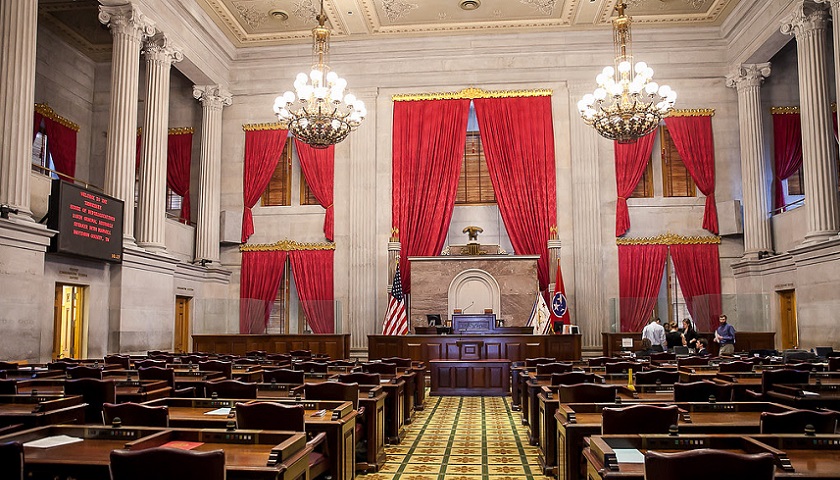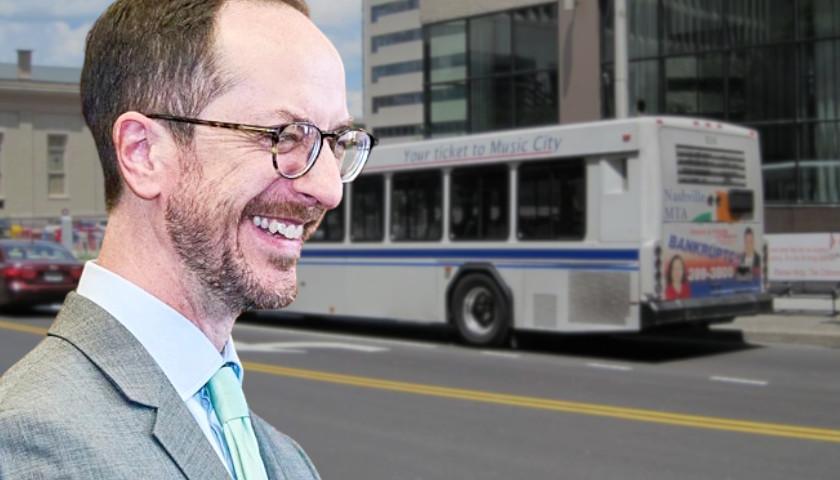A bill introduced to remove a portion of the diversion of fuel tax “user fees” from the Highway Fund to the General Fund was amended so drastically that the bill was rewritten so that it rewrote the bill, and instead increased the amount distributed to the Wildlife Resources Fund.
As reported by The Tennessee Star, and confirmed by Rep. Susan Lynn (R-Mt. Juliet), Tennessee Code Annotated requires that portions of the “user fee” fuel taxes be allocated to the General Fund to cover the costs incurred by the state Department of Revenue for the collection of those taxes.
HB 910 / SB 230 by Rep. Tim Wirgau (R-Buchanan) and Sen. Mark Green (R-Clarksville), respectively, would have “eliminated the administrative allocation of the gasoline tax, motor fuel tax, and gasoline inspection tax to the General Fund.” It would have no impact on the total collections from the various fuel taxes, but would simply allocate them to the Highway Fund rather than the General Fund.
The fiscal memo for the original bill reported increases to the Highway Fund of $12 million and to local governments of $2.6 million.
The bill was then completely re-written by the amendment so that the diversions to the General Fund remained intact. Instead, the amendment increased the distribution of gas tax revenue to the Wildlife Resources Fund from 0.1075 percent to 0.5344 percent, excluding the portion generated from the IMPROVE Act gas tax increase.
On the Senate floor May 9, Sen. Green, who sponsored the original bill, deferred to Sen. Paul Bailey (R-Sparta), who sponsored the amendment, to describe the bill in its “current posture.”
Bailey, after moving to conform SB 230 to HB 910, introduced the amendment explaining, “Amendment 1 increases the percentage age of fuel tax revenues to TWRA (Tennessee Wildlife Resources Agency) to reflect the total amount of tax collected at marinas.” Bailey continued,
“The intent of this bill is to make sure that the money collected on the water stays on the water. So all members know, the boating industry is a $3 billion industry in the state of Tennessee, and this legislation will help ensure that Tennesseans have good access to all of our waterways throughout the state.”
After a brief conference with Senate Finance, Ways & Means Committee Chairman, Bo Watson (R-Hixson), whose committee added the amendment, Bailey offered further explanation,
“On the amendment, currently, TWRA is given $500,000 in regards to the fuel tax collected on and at the marinas. There’s currently $2.2 million, $2.3 million that’s collected annually at the marinas. The amendment basically states that they’re going to go from $500,000 to $1.8 million, and the state will retain approximately $500,000 which will continue to be into our highway fund for our locals.”
There was no explanation as to what TWRA would be doing with the additional funds, which represents a nearly four-fold increase in this form of funding. With no comments or discussion on the amendment, Bailey renewed his motion for passage of HB 910, which passed with a vote of 31 Aye, 0 Nay.
On May 10, Rep. Bill Dunn (R-Knoxville) was recognized to introduce HB 910, originally brought by Wirgau who could not be there that day, as passed by the Senate.
The House vote was 81 Aye, 2 Nay.
No other bills brought forward during the first session of the 110th General Assembly, including Governor Haslam’s IMPROVE Act, addressed the “user fee” diversions like the original version of HB 910 / SB 230 would have. No attempts were made to remedy the motor vehicle registration and motor vehicle title “user fee” diversions.









[…] to transportation, with some diverted to the General Fund, Education and Debt, a situation that was not remedied by the IMPROVE Act, with the exception of the new revenues generated by the tax and fee […]
How much more “overhead” did TDOT score in the current budget?